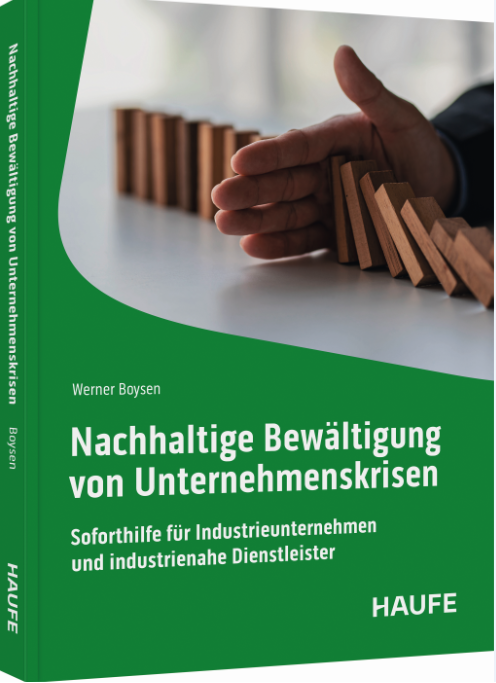The renowned Munich-based economic research institute ifo sees structural change and tariffs as brakes on industry and production potential

Pressure to decarbonize, digitize, and robotize at a time of demographic change, geopolitical uncertainty, and difficult financing conditions is weighing on the German economy. Bureaucratic and infrastructural hurdles are particularly burdensome for the manufacturing industry, which (still) plays a major role in the German economy and contributes significantly to employment and value creation. This structural …








